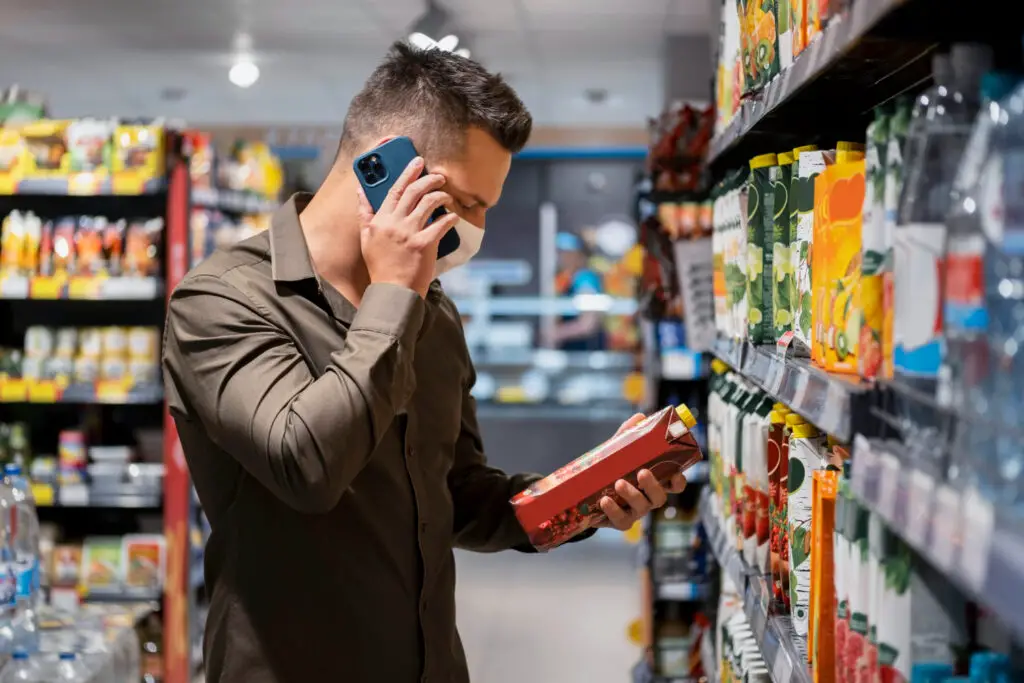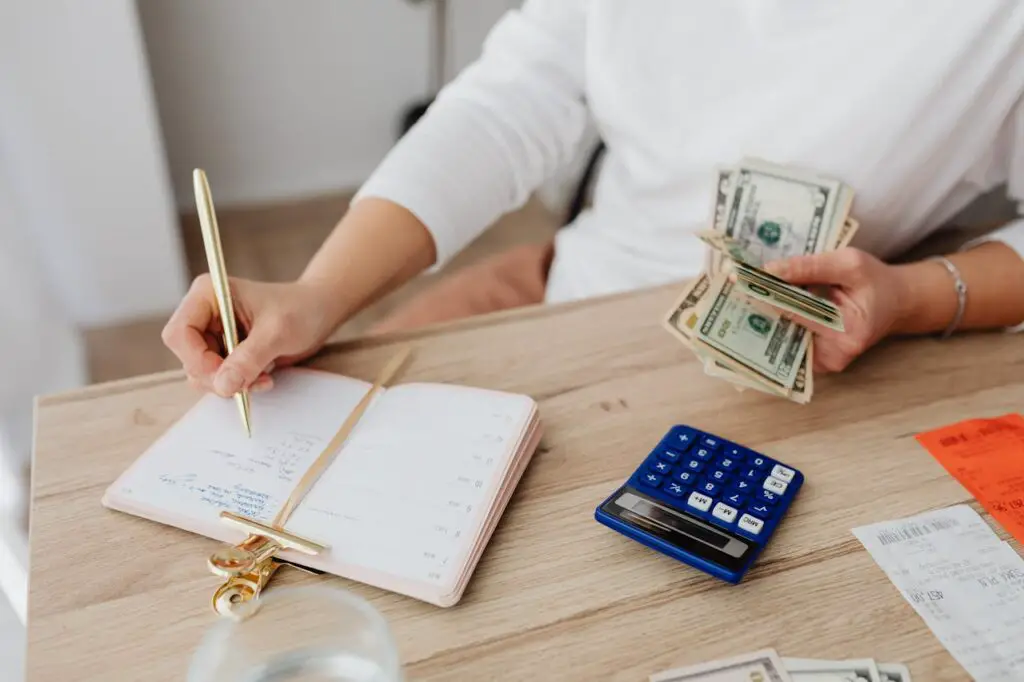14 Signs You Grew Up Poor That Wealthy People Just Don’t Understand

Growing up without much money changes how you see the world. It doesn’t just shape your childhood—it leaves footprints well into adulthood. Whether it’s scanning restaurant menus for the cheapest option or feeling uneasy in luxury stores, the signs of a humble upbringing show up in the most unexpected places. And while these behaviors might baffle someone raised in wealth, they often carry strength, resilience, and a sense of deep appreciation for even the smallest comforts.
This list isn’t about embarrassment—it’s about recognition. If these signs sound familiar, you’re not alone. These shared habits reflect a generation of people who learned to stretch, save, and survive. Let’s explore the signs that you grew up poor—signs that wealthy people often just don’t understand.
1. You Scan Menus for the Cheapest Meals

While others browse the specials or chef’s recommendations, your eyes immediately dart to the right side of the menu to check prices. You’ve mastered the art of ordering the most affordable option—not because you want to, but because you were trained to make every dollar count.
2. Generics and Clearance Are Second Nature

You don’t see a generic label as a downgrade—it’s a smart decision. Why pay more for the same thing in a fancier box? And clearance racks? That’s your treasure chest. You have a sixth sense for deals, and you know how to find quality without the brand-name markup.
3. Leftovers and Restaurant Condiments Get Reused

You’ve never seen ketchup packets as throwaways. They’re saved, stored, and used later—same with napkins, sugar packets, and sometimes even plastic utensils. Growing up poor meant making sure nothing went to waste, especially something you didn’t have to pay extra for.
4. You Repurpose Containers and Bags

Why throw away a margarine tub when it could be your next storage container? Grocery bags? Trash can liners. Pasta sauce jars? Drinking glasses. Repurposing wasn’t a quirky choice—it was standard practice.
5. You Stockpile Essentials

When toilet paper or shampoo goes on sale, you buy in bulk. You’re not hoarding—you’re preparing. Running out of essentials used to mean going without, so now you keep extras “just in case” and feel safer knowing you won’t be caught off guard.
6. You Talk About Prices Like They’re Status Symbols

While others brag about designer labels, you boast about how little you paid. “This only cost five bucks” isn’t a side note—it’s the main story. Scoring a deal is more satisfying than flaunting a brand name.
7. You Feel Guilty Buying Things You Need

Even when your bank account can handle it, buying something as basic as new shoes or name-brand shampoo can trigger guilt. It’s hard to shake the internal voice that says, “Do you really need this?” because growing up, every purchase required justification.
8. You’re Uncomfortable in Luxurious Settings

Whether it’s an upscale restaurant or a high-end boutique, those spaces can feel alien. You might worry you’re dressed wrong, behaving wrong, or just don’t belong. Even when you can afford the experience now, the feeling of being out of place lingers.
9. You Refuse to Throw Things Out

That toothpaste tube still has a few squeezes left. That shampoo bottle can be watered down for another wash. And that last slice of bread? Toast it. You learned early that tossing anything usable was a luxury you couldn’t afford—and that habit stuck.
10. You’re Always Prepared for “Just in Case”

Your purse or backpack probably has a little of everything: snacks, a small sewing kit, maybe even a spare charger or extra socks. You learned that being unprepared often meant being uncomfortable, so now, you’re ready for anything life throws at you.
11. You’ve Got DIY Skills on Lock

If something breaks, you figure out how to fix it. YouTube tutorials, duct tape, and elbow grease are your go-to tools. Hiring someone for help was rarely an option when you were younger, so you learned to get creative and solve problems yourself.
12. You Lean Into Frugality, Not Fancy

To you, frugality isn’t just about saving money—it’s about making thoughtful choices. You appreciate what you have, and you don’t chase status symbols. The joy of a great deal or a reused item often outweighs the appeal of the newest gadget or trend.
13. You’re Highly Empathetic and Resilient

You’ve seen struggle—your own or that of people around you—and it taught you to be understanding. You know what it’s like to go without, and that fuels your compassion. At the same time, you’ve developed a deep well of strength because you’ve had to push through tough times.
14. You Distrust Debt—Even “Good” Debt

While others might see credit cards, car loans, and even student debt as normal, to you, debt is scary. Growing up poor meant knowing how quickly things could spiral out of control financially. Even when it makes logical sense to borrow, the emotional resistance is real.
Final Thoughts

Growing up poor is more than a financial experience—it shapes your mindset, habits, and emotional landscape in profound ways. These signs are not weaknesses or odd quirks. They’re markers of adaptability, resilience, and resourcefulness. Sure, some of these behaviors may seem extreme to those who never had to think twice about money—but they make perfect sense when you’ve lived with scarcity.
The truth is, these habits tell a story of survival. They show that you’ve made the most of what you had and found creative ways to stretch your resources. And while you may no longer live paycheck to paycheck, those old instincts don’t just disappear. They become part of your identity—sometimes challenging, often powerful, and always deeply human.
So if you see yourself in this list, take pride. You’ve built a life with the tools you had—and whether or not others understand it, your story matters. Not everyone will relate, but those who do will nod, smile, and maybe even share a ketchup packet or two.
Leave a Reply